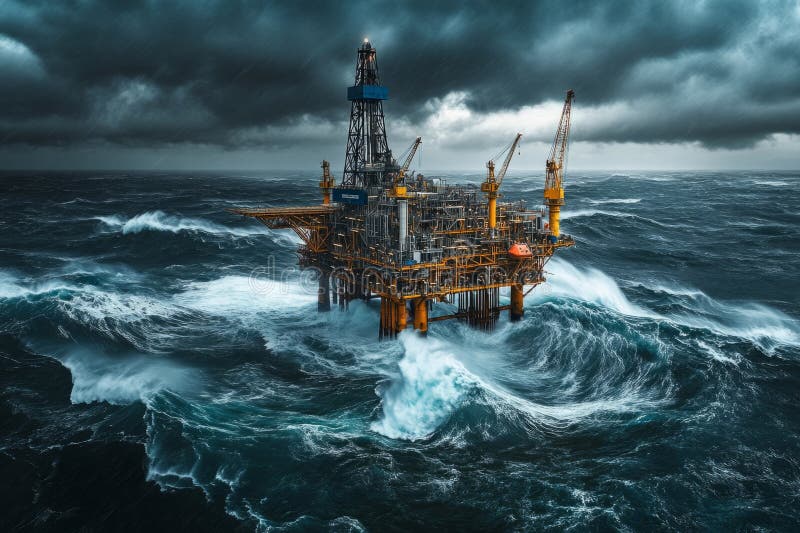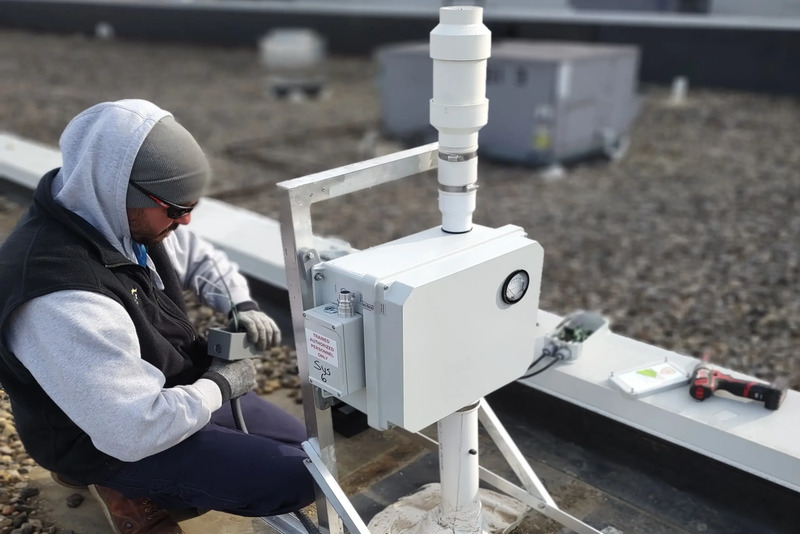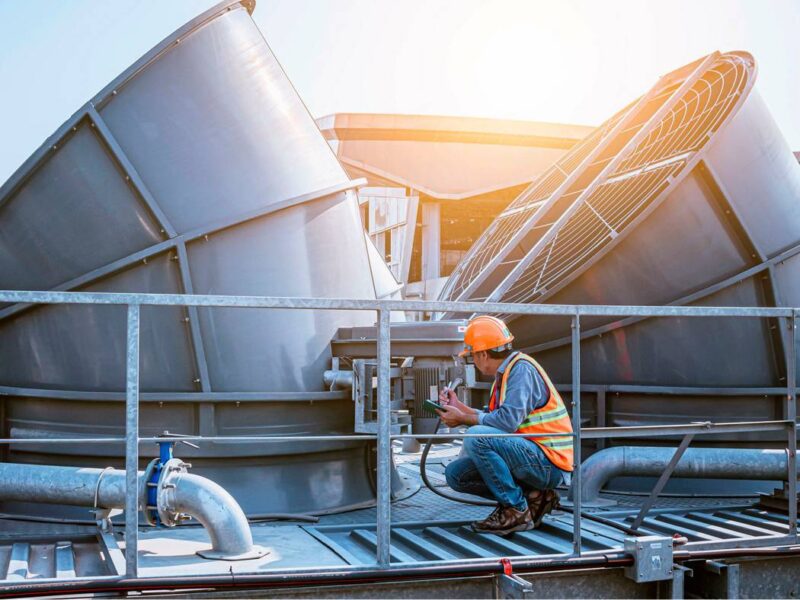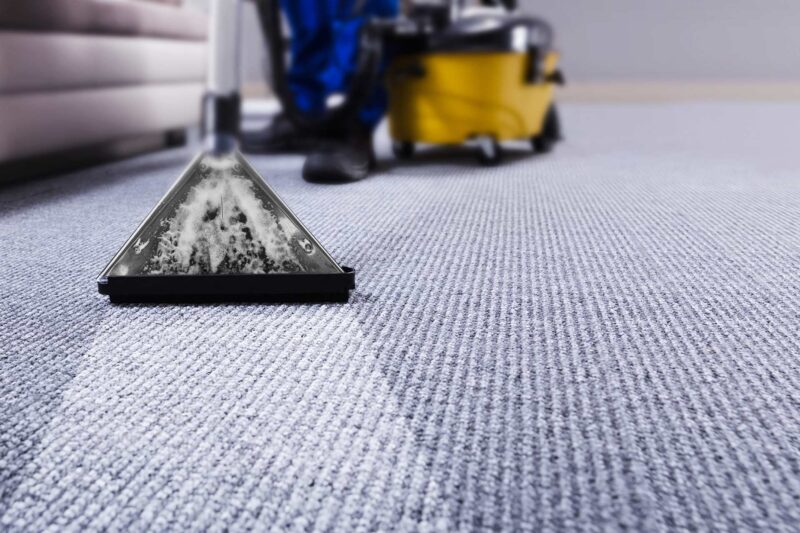Working on the water isn’t like any regular construction job. Marine contractors face unique challenges that land-based builders never encounter. From sudden storms to unpredictable tides, these professionals must be ready for anything nature throws their way.
Understanding Weather Patterns
Smart marine contractors always start with weather monitoring. They track forecasts days in advance and use specialized marine weather services. These tools provide detailed information about wind speeds, wave heights, and storm systems. Most contractors won’t begin major projects without at least a 3-day clear weather window.
Around big bodies of water, local meteorological conditions can change quickly. Contractors learn to read cloud formations, wind patterns, and water behavior. This knowledge helps them make quick decisions about when to continue working, or when to seek shelter.
Equipment and Safety Preparations
Marine contractors invest heavily in weather-resistant equipment. Their boats, cranes, and tools must withstand salt spray, high winds, and constant moisture. Regular maintenance becomes crucial as harsh conditions can damage equipment quickly.
Safety gear gets extra attention in marine environments. Workers wear specialized life jackets, use non-slip footwear, and carry emergency communication devices. Many contractors require their crews to complete water safety training before working on marine projects.
Timing and Project Planning
Successful marine contractors plan their work around seasonal weather patterns. They schedule major projects during calmer months and save smaller maintenance tasks for periods when conditions might be less predictable. This approach helps them maintain consistent progress while keeping workers safe.
Marine bulkheading construction often requires specific timing considerations. Contractors must coordinate with tide schedules and plan for extended periods when they might need to stop work due to weather. This kind of work needs careful planning and resilience.
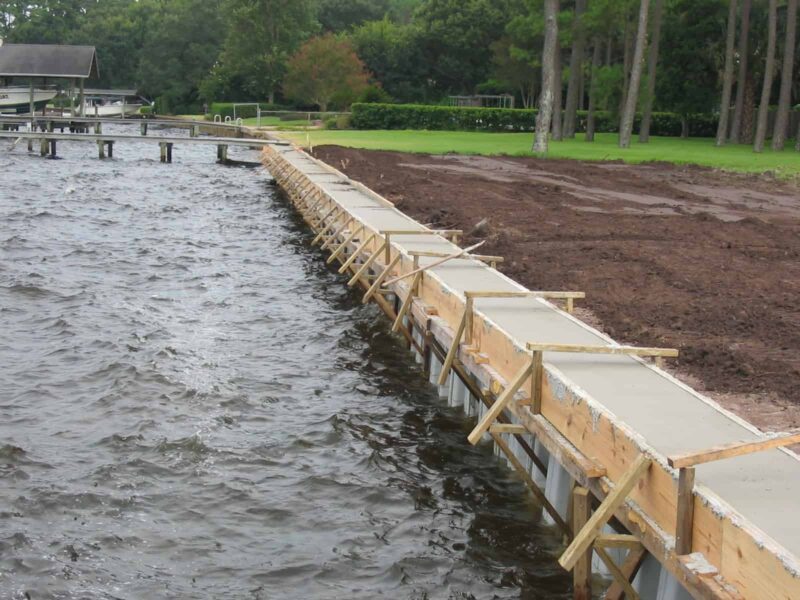
Adapting to Water Conditions
Water conditions change constantly, and experienced contractors know how to adapt. They monitor tide charts, current speeds, and water clarity. Poor visibility underwater can halt diving operations, while strong currents might prevent safe boat positioning.
Some contractors use specialized anchoring systems that adjust to changing water levels. Others use work platforms that float, rising and falling with the tides. These adaptations allow work to continue even when conditions aren’t perfect.
Emergency Response Protocols
Every marine contractor needs solid emergency plans. They establish communication protocols, identify safe harbors, and train crews on emergency procedures. Weather can deteriorate quickly on the water, so everyone must know their role if conditions become dangerous.
Many contractors maintain relationships with local Coast Guard stations and marine rescue services. They also keep emergency supplies on all vessels, including extra food, water, and medical equipment.
Technology and Modern Solutions
Today’s marine contractors use advanced technology to handle challenging conditions. Even in rough waves, GPS devices help in accurate positioning. Sonar equipment allows underwater work to continue even in poor visibility. Weather radar systems provide real-time updates on approaching storms.
Marine bulkheading construction benefits greatly from these technological advances. Contractors can now work more efficiently and safely, even in subpar conditions.
Building Experience and Expertise
The best marine contractors develop their skills through years of experience and expertise. They learn to read subtle environmental signs that indicate changing conditions. This expertise enables them to work safely while consistently delivering high-quality results, regardless of the challenges nature presents.
Final Thought
Working in marine environments takes knowledge, patience, and skill. When weather and water are unpredictable, it’s the contractor’s experience that holds everything together. That’s why it’s important to hire professionals with hands-on knowledge in Marine bulkheading construction.

